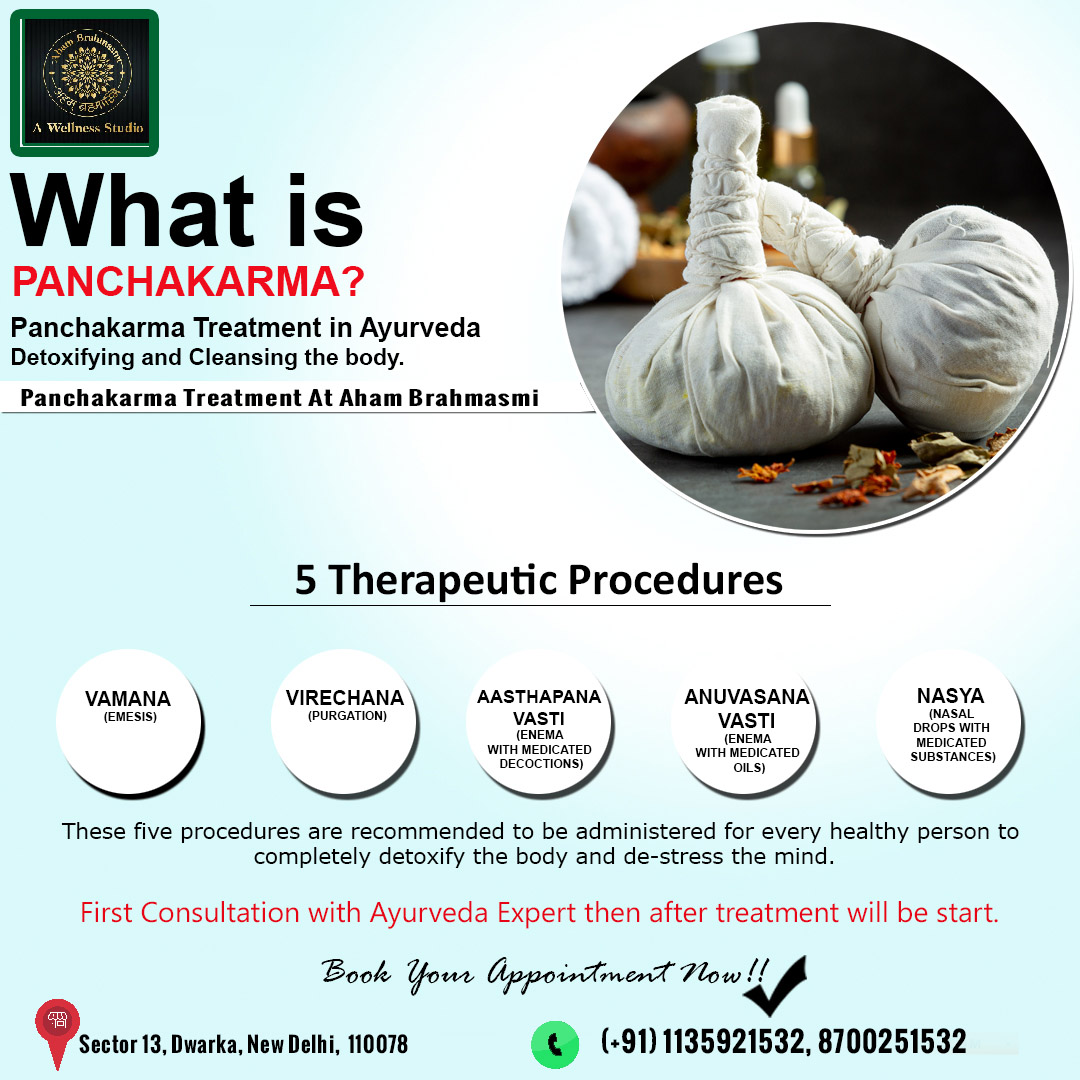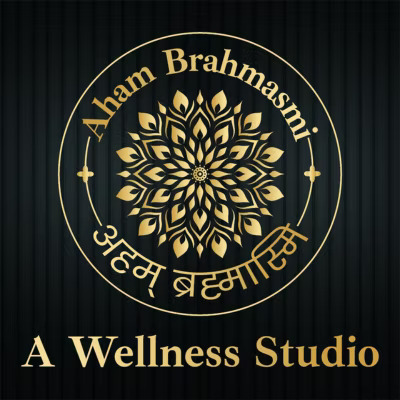
What is Panchakarma?
Panchakarma is a comprehensive detoxification and rejuvenation therapy in Ayurveda, the traditional system of medicine from India. The term “Panchakarma” translates to “five actions” or “five procedures,” referring to a set of five therapeutic treatments aimed at purifying the body, balancing doshas (bioenergies), and restoring health and harmony. Panchakarma therapies are performed under the guidance of trained Ayurvedic practitioners and are tailored to the individual’s constitution, health condition, and specific needs.
The Five Panchakarma Procedures:
- Vamana (Therapeutic Vomiting): Vamana is a cleansing procedure aimed at removing excess Kapha dosha from the body through therapeutic vomiting. It involves the administration of medicated substances to induce controlled vomiting, followed by post-treatment care to support detoxification and rejuvenation.
- Virechana (Therapeutic Purgation): Virechana is a purgation therapy used to eliminate excess Pitta dosha and toxins from the body through the administration of herbal laxatives or purgatives. It helps to cleanse the gastrointestinal tract, improve digestion, and alleviate symptoms associated with Pitta disorders.
- Basti (Therapeutic Enema): Basti is an enema therapy aimed at balancing Vata dosha and promoting detoxification by administering medicated oils, herbal decoctions, or herbal pastes into the rectum. Basti helps to nourish and lubricate the colon, remove toxins, and alleviate Vata-related disorders.
- Nasya (Nasal Administration): Nasya involves the administration of medicated oils, herbal extracts, or powders into the nostrils to cleanse and rejuvenate the head and neck region. It helps to alleviate congestion, improve respiratory health, and balance doshas in the upper body.
- Raktamokshana (Bloodletting or Blood Cleansing): Raktamokshana is a procedure used to purify the blood and remove impurities through methods such as venesection (controlled bloodletting), leech therapy, or scarification. It helps to alleviate symptoms associated with blood disorders and promote overall health and well-being.
Indications for Panchakarma:
- Chronic diseases and disorders caused by the accumulation of toxins and imbalances in the doshas.
- Conditions requiring detoxification, rejuvenation, and restoration of health at physical, mental, and emotional levels.
- Prevention of diseases and maintenance of overall well-being through periodic cleansing and rejuvenation.
Benefits of Panchakarma:
- Purification and detoxification of the body at the cellular level.
- Balancing of doshas and restoration of constitutional balance.
- Alleviation of symptoms associated with chronic diseases, metabolic disorders, and imbalances.
- Enhancement of vitality, immunity, and overall health and well-being.
Contraindications and Precautions:
- Panchakarma therapies should be administered under the guidance of qualified Ayurvedic practitioners.
- Certain therapies may have contraindications based on the individual’s health condition, age, and medical history.
- Adequate pre-treatment preparation and post-treatment care are essential to ensure safety and effectiveness.
Panchakarma is a holistic approach to health and wellness that addresses the root causes of diseases and promotes harmony between the body, mind, and spirit. It offers a profound cleansing and rejuvenating experience, supporting the body’s innate healing abilities and facilitating the journey towards optimal health and well-being.

